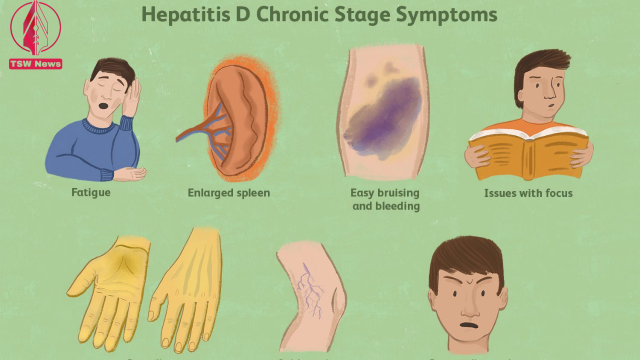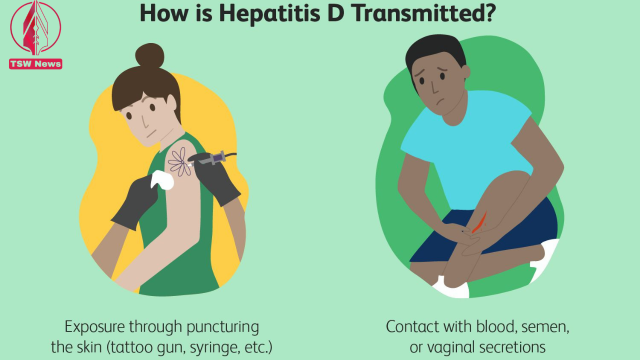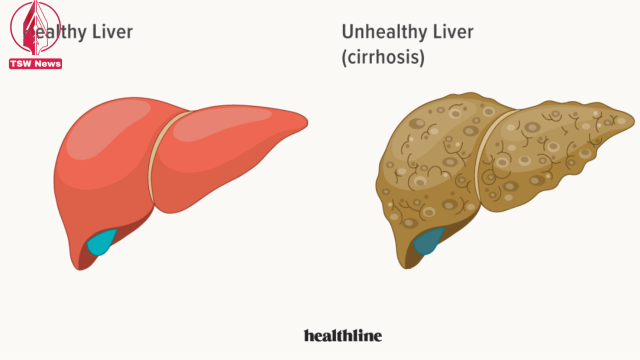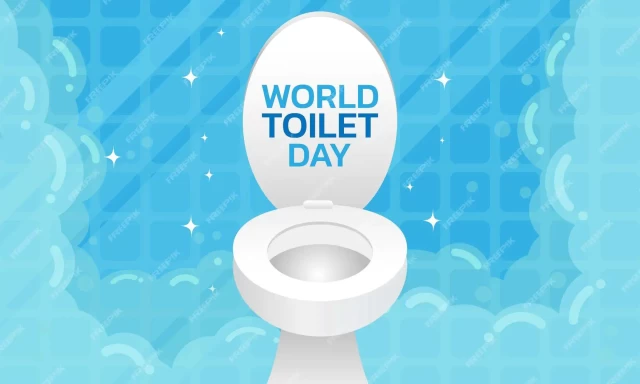Hepatitis D: A Disease That Can Damage The Liver
- Posted on May 17, 2023
- Lifestyle
- By Arijit Dutta
- 627 Views

Hepatitis D:-
What is Hepatitis D?
Hepatitis D, also known as delta hepatitis, is a viral infection that affects the liver. It is caused by the hepatitis D virus (HDV), which is a small RNA virus that can only replicate in the presence of the hepatitis B virus (HBV). Hepatitis D is considered one of the most severe forms of viral hepatitis, as it can lead to chronic liver disease and increase the risk of liver cirrhosis and liver cancer.
What are the causes of Hepatitis D?
Hepatitis D is primarily transmitted through contact with infected blood or other body fluids. The most common route of transmission is through the sharing of needles and syringes among intravenous drug users. It can also be contracted through sexual contact, especially in individuals who are already infected with HBV. Additionally, it can be transmitted from an infected mother to her baby during childbirth.

How will Hepatitis D is Diagnosed?
The diagnosis of hepatitis D involves several steps. A healthcare provider will typically start by conducting a physical examination and evaluating the patient's medical history. Blood tests are then performed to detect the presence of HDV antibodies and HDV RNA in the bloodstream. These tests help confirm the diagnosis and determine the stage of the infection.
What are the available treatments?
Currently, there is no specific antiviral treatment available for acute hepatitis D. However, in cases of chronic hepatitis D, treatment options are limited but evolving. The primary approach is to manage and slow down the progression of liver disease. This involves the use of medications such as interferon alpha, which can help suppress the replication of HDV and HBV. Liver transplantation may be considered for individuals with end-stage liver disease.
What are the Preventions?
Preventing hepatitis D involves taking precautions to reduce the risk of exposure to the virus. The following preventive measures are recommended:
Vaccination: The hepatitis B vaccine is effective in preventing HDV infection. It is essential to complete the full course of the HBV vaccine series.
Safe Injection Practices: Avoid sharing needles, syringes, or any drug paraphernalia. If injection drug use cannot be stopped, it is crucial to use sterile equipment and never share with others.
Safe Sexual Practices: Practice safe sex by using condoms, especially if you or your partner are at high risk for hepatitis D.

Blood and Organ Screening: Ensuring the safety of blood and organ donations by implementing rigorous screening procedures is essential to prevent transmission of HDV.
Conclusion:
Hepatitis D is a serious liver infection caused by the hepatitis D virus (HDV). It can lead to chronic liver disease, cirrhosis, and liver cancer.
The key to preventing hepatitis D is to minimize the risk of exposure through vaccination, safe injection practices, safe sexual practices, and screening of blood and organ donations.
Although treatment options for chronic hepatitis D are limited, ongoing research is being conducted to develop more effective therapies.
It is crucial to raise awareness about hepatitis D and promote preventive measures to reduce its impact on public health.
For more updates keep visiting our website www.topstoriesworld.com where we provide unbiased, true and top stories of the world.




